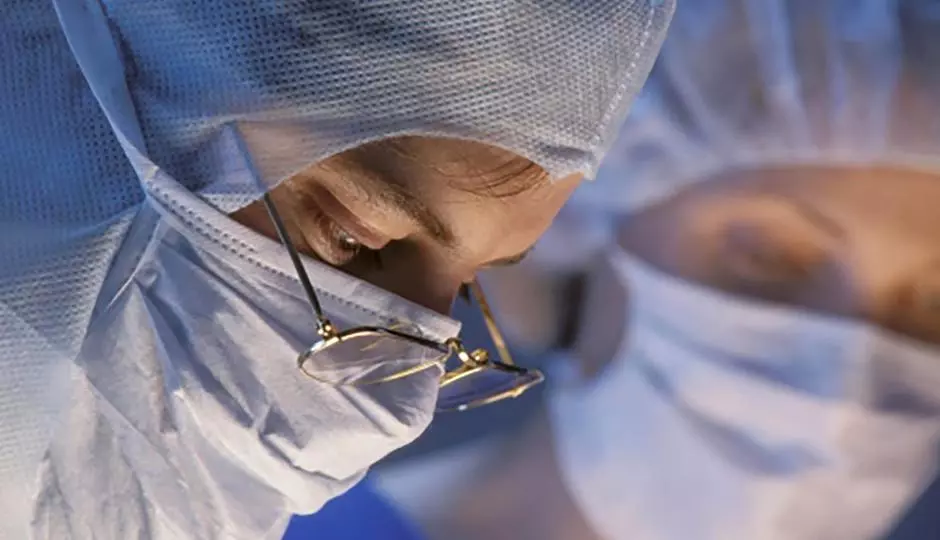Hair loss can be caused by many different conditions—and some of them are better known than others. In this post, we’re going to offer some details about trichotillomania—a hair loss condition that isn’t often discussed, but is surprisingly common and potentially very serious. We’ll identify some of the key signs and symptoms of trichotillomania, discuss its causes, and end with some notes about possible treatment.
What is Trichotillomania?
Those who have trichotillomania are compelled to pull out their own hair—often from the scalp, but sometimes from the eyelashes or eyebrows. In some cases, they also twist it or chew on it. What distinguishes trichotillomania is that it’s fundamentally an impulse control disorder. Those who have the condition may know that they are damaging their hair and scalp, but they cannot resist the urge to keep pulling. In some cases, the hair pulling is actually a form of self-soothing, something that helps bring a sense of calmness in stressful situations.
Recognizing Trichotillomania
There are a number of key indicators for trichotillomania—besides the obvious one of hair pulling. Here are just a few ways to identify this condition:
- Feelings of tension or anxiety before pulling the hair
- Feelings of tension or anxiety when trying to resist pulling the hair
- Feeling a sensation of relief or satisfaction after pulling hair
- Disruptions to your social or professional life due to uncontrollable hair pulling
- Bald spots or bare patches on the scalp, or hair missing from eyebrows/eyelashes
- Ritualistic behaviors such as holding hair in your teeth or inspecting it after pulling it out
It is important to note the role of denial in trichotillomania, as well; those who have this condition will often attempt to hide it with scarves, hats, or wigs. Even though you can hide the symptoms, though, that doesn’t make them less significant: In fact, the constant pulling at your hair can cause scarring to the follicles, impairing their ability to generate new hair. In other words, trichotillomania, when left untreated, can result in permanent hair loss.
The Causes of Trichotillomania
Scientists have not reached a clear understanding of what causes this condition, though most believe it relates to the part of the brain that regulates impulses. The brain abnormalities that causes trichotillomania may also be connected to anxiety, depression, and other mood disorders.
There is no scientific test to confirm trichotillomania, but a trichologist can arrive at an accurate diagnosis simply based on outward signs and symptoms. If you believe you have trichotillomania, we encourage you to seek a diagnosis sooner rather than later—because the sooner you can have it diagnosed, the sooner you can begin treatment.
What are the Treatments for Trichotillomania?
There are different aspects to treating trichotillomania. The most important thing is to address the underlying psychological issues, and to develop the necessary skills for impulse control. This is something that will generally require working with a therapist. See your doctor for a specific recommendation.
As for treating the hair loss, there are many different options available, just depending on the nature and extent of the damage. If the follicles have not been too badly damaged, it may be possible to stimulate new hair growth with just topical solutions or a laser treatment. Other options might include hair systems.
The sooner you have the condition diagnosed and treated, the more likely it is that you can avoid any permanent damage—so we recommend getting an evaluation promptly. With that said, even those who have endured major damage to the scalp can still look and feel like themselves again, thanks to the hair replacement solutions we provide here at HT&RC.
Get Help for Trichotillomania
Being unable to control hair-pulling impulses can be frightening—but there is hope for those with trichotillomania, both to regain control over their impulses and to restore their normal, healthy hair. We can help you with hair replacement, and with general diagnosis of trichotillomania. Learn more by coming to visit one of our experts at the HT&RC studio today or contacting us for a consultation.






